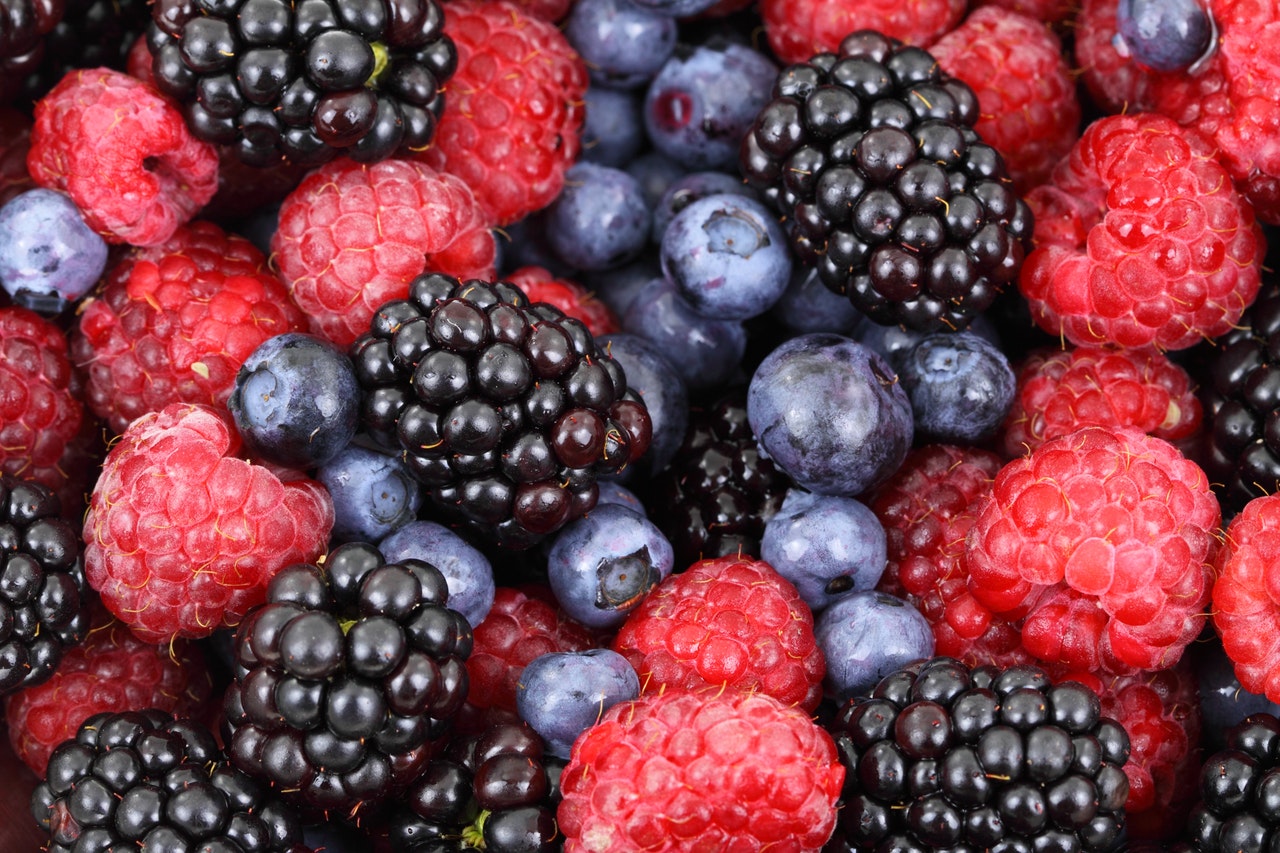
The 5 superfoods to incorporate into your diet this 2020
You’ve probably heard of the term ‘superfoods’ from health bloggers all over YouTube and Instagram. They are said to be nutritionally-dense, often plant-based, and is a type of food that is supposedly good for your body. But, are they truly as wonderful as everybody claims to be?
Here are some “superfoods” that are worth your time:
Moringa
Moringa oleifera or simply moringa is a large tree with small leaves that are native to North India. Almost all parts of the tree can be eaten, but their leaves give the most benefits. Moringa leaves are an excellent source of vitamins and minerals like riboflavin (vitamin B2), beta-carotene (vitamin A), magnesium, and iron. Moringa leaves also contain antioxidants which are important in fighting chronic diseases, including cardiovascular disease and diabetes.
Moringa can also be applied topically. Many companies have incorporated the oil of moringa for hair growth and damage repair. That is because the high antioxidants from the plant may boost keratin production, which keeps the strands of your hair resistant against breakage.On the skin, when used as a face oil or added to serum, moringa may encourage skin cell renewal, keeping you looking young and preventing breakouts.
Turmeric
Although turmeric has always been popular in the East, this superfood has been experiencing a renaissance in the West. The bright yellow spice is often used in curries, mustards, and golden milk lattes. However, it does more than just give your meals a little more flavor.Turmeric has an active compound called curcumin, which is a powerful antioxidant and has anti-inflammatory effects. For centuries, people in India and China have been using turmeric as herbal medicine as pain relief and other physical ailments.
Some studies have found that curcumin may help prevent and treat chronic diseases such as cancer. Others suggested that curcumin may inhibit the formation of beta-amyloid in the brain, warding off Alzheimer’s.
Seaweed
Seaweed, or sea vegetable, is a form of algae. It is a staple to cuisines in many Asian countries, particularly in South Korea and Japan. They are most often added in salads, soups, stews, and even sushi rolls. Seaweedis a rich source of nutrients, including folate, iodine, and vitamin K. It also has bioactive compounds that are not typically found in land-vegetables. These bioactive compounds may have antioxidants that fight cancer, heart disease, diabetes, and obesity.
Kefir
Kefir is a fermented dairy beverage made traditionally from cow’s milk. It is similar to yogurt, but it has a thinner consistency. It also contains more probiotic strains that aid in digestion and overall gut health. In fact, its name is derived from the Turkish word “keyif” which means “feeling good after eating.” Itis also a good source of vitamins and minerals. It is rich in protein, calcium, phosphorus, vitamin B12, riboflavin (B2), magnesium, and vitamin D.
Berries
Berries are touted as superfoods because they contain vitamins, minerals, antioxidants, and fiber. They are said to help reduce the risk of heart disease and cancer as well as treat digestive and immune-related disorders.
*This is a collaborative post.



